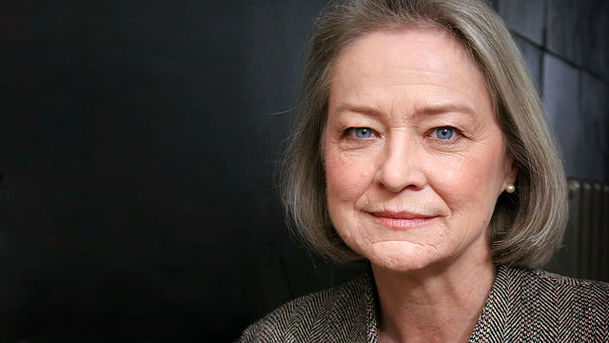From Our Own Correspondent - 10/06/2010

Confronting prejudice as a Jew and a journalist in Jerusalem. The uncertain lives of illegal, migrant workers lured by the American dream A mysterious lynching in a village high in the Andes. And from among the dead in an African graveyard....a plea for peace. Anyone who reports on the Israeli-Palestinian conflict needs a fairly thick skin. You've got to stick to the task through barrages of criticism from one side or the other..and sometimes from both at the same time. Often critics even suggest that you're actively conspiring with the other camp. This sort of stuff just comes with the territory on assignment in Jerusalem. And Tim Franks knows that as well as anyone, as he draws to the end of a long spell there. His background made it inevitable that some people would make certain assumptions. In these summer months, all across America, about four million farm labourers are at work. Under the heat of the sun, they're harvesting corn, strawberries, asparagus and much else. Half of these workers are illegal migrants. Many are trying to escape poverty in Mexico. They've come to the US to do some of its toughest jobs, for some of its lowest wages.And Laura Trevelyan has been talking to members of this weary army about their hopes and fears, as they labour in the shadows of American life... The indigenous people of Bolivia have just been given a significant boost. A new law gives Aymara communities the right to administer their own justice systems. They'll be allowed to settle disputes according to their particular cultural values. But opponents of the move warned that it could lead to mob rule. And as Nick Caistor explains, those concerns will only have been heightened by a disturbing act of violence in a remote, frontier province.... For decades, life in the African state of Eritrea has been bleak....a story of war and oppression. First there was the long fight for independence from Ethiopia. Then a border conflict between the two countries cost seventy-thousand lives... Today, Eritrea is a one-party state, and there's no free press. Human rights groups regard it as one of the world's most repressive countries. But as Jonathon Fryer has been finding out, some Eritreans are beginning to hope for better days...